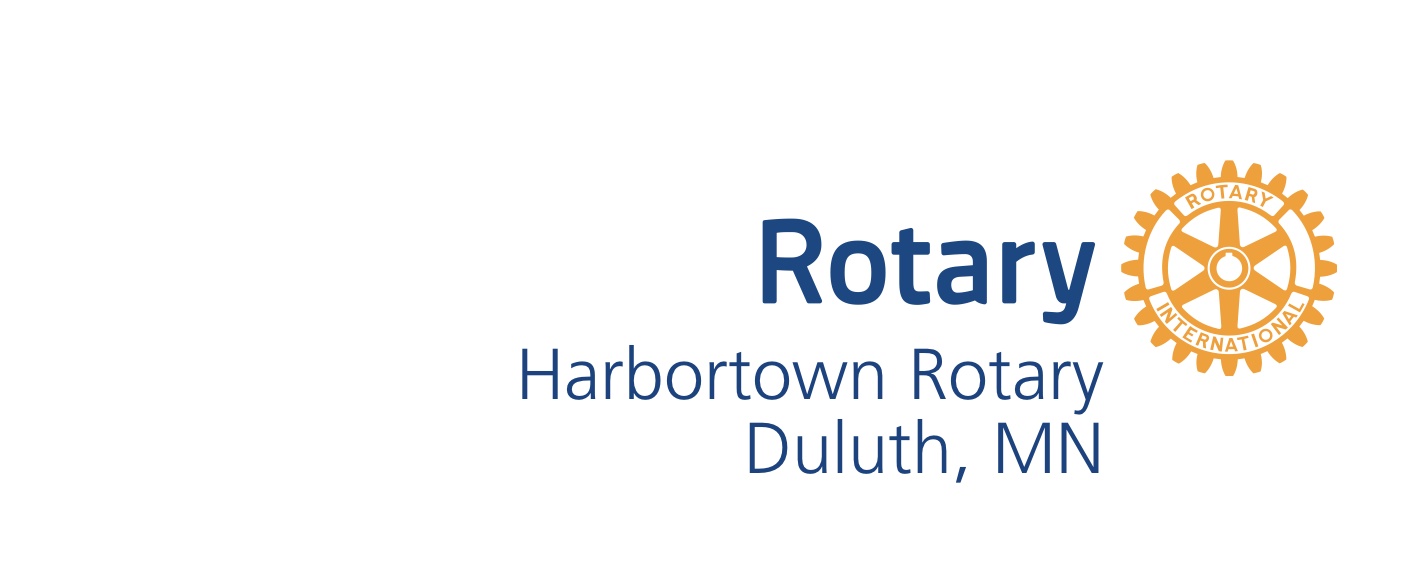Is it Bias or is it Bigotry?
 |
|
To social scientists, however, those things go beyond bias; they’re bigotry. Social scientists define bias as a preference, and without it, well, imagine how long it’d take you to place an order in a restaurant.
Psychologist Matt Grawitch, director of strategic research at Saint Louis University’s School for Professional Studies, says our brains evolved to make decisions quickly, based on small amounts of information. And in prehistoric times, experts believe that the more someone seemed like us, the less dangerous we assumed them to be, whether or not this was true.
But many of our prehistoric tendencies aren’t necessarily good for us today. Studies have shown that the most diverse companies are more likely to outperform their competitors. And you may have a bias toward burgers and against vegetables, but that doesn’t mean you should only eat burgers or hate vegetables...
While we are often bad at spotting our own biases, we can learn to distinguish bias from bigotry and keep it from negatively affecting our decisions.
Here are some tips for keeping bias from becoming a detriment.
TIPS TO ELIMINATE HARMFUL BIAS
▸ Recognize that it’s hard.
▸ Beware of group-think.
▸ Ask yourself: Is it true — or safe?
▸ Consider whether the bias is good for you, or for the group.
▸ Set policies.
▸ Encourage robust discussion.
THE COST OF BIAS: Employer bias drives employee disengagement, which costs U.S. companies an estimated $550 billion per year.
